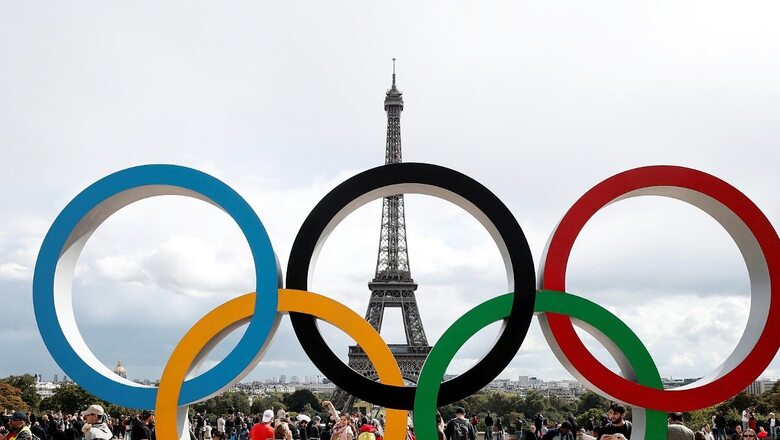
views
This year’s International Olympic Committee (IOC) session will be held in Mumbai from October 15 to 17, marking a return of the prestigious gathering to India after 40 years.
The IOC session is the general meeting of the members of the committee, which is the supreme organ of the IOC. The IOC Session adopts, modifies and interprets the Olympic Charter and its decisions are final. It discusses and decides on the key activities of the global Olympics movement, including adoption or amendment of the Charter, election of IOC members and office-bearers and election of the host city of Olympics.
While the IOC Session may delegate powers to the IOC Executive Board, all important decisions are taken by the IOC Session, which votes on proposals put forward by the Board.
The IOC Session is held at least once a year, often over a two- or three-day period. In the years when Olympic Games take place, the IOC Session traditionally precedes them. An extraordinary IOC Session can be convened upon the initiative of the IOC President, or on the written request of at least one third of the IOC members.
Scope of IOC Session
Here’s a look at the main prerogatives of the IOC session:
- It elects the host of the Olympic Games
- It elects the IOC President, Vice-Presidents, the other members of the IOC Executive Board and, on the latter’s proposal, IOC members
- It decides or amends the Olympic Charter
- It decides on the inclusion or exclusion of a sport on the programme of the Olympic Games
- It decides on the recognition (or exclusion) of International Sports Federations (IFs), National Olympic Committees (NOCs) or any other sports organisation which submits a request
- It decides on the cities which will host forthcoming IOC sessions (the IOC president decides on the location of Extraordinary IOC Sessions)
- It approves the reports and accounts of the IOC
How Voting Takes Place in IOC Session
The following procedures are applicable for the decisions taken by the IOC session:
- The IOC president, or, in his absence, the longest-serving IOC vice-president present chairs the IOC session
- The quorum required for an IOC session is half the total membership of the IOC, plus one
- Each member has a vote, and voting by proxy is not allowed. Abstentions and spoiled or blank votes are not counted
- In general, an IOC member must abstain from participating in a vote when it concerns a city (Olympic Games, IOC Session, Olympic Congress), a person (IOC member) or any other matter from their country
- The decisions are taken by the majority of votes cast. However, a majority of two-thirds of the members present at the IOC session is required for any modification to the Fundamental Principles and Rules of the Olympic Charter
- The election of a host must take place in a country not having a candidate for the Olympic Games in question
- A host is declared elected when it obtains the majority of the votes cast. If there is no majority, the host with the fewest votes is eliminated, and IOC members proceed to another round of voting The procedure is repeated until an absolute majority is obtained
- The IOC President, the IOC Vice-Presidents and the IOC Executive Board Members are elected by the IOC session, in a secret ballot, by the majority of the votes cast. If there is no majority, the candidate with the fewest votes is eliminated, and the IOC members proceed to another round of voting. Abstentions are not taken into account, nor are spoiled or blank votes. The procedure is repeated until an absolute majority is obtained
The IOC session currently has 99 voting and 43 honorary members. More than 600 members of the sporting world’s elite are expected to be in Mumbai, as well as global media from about 100 nations, representing over 50 sports.
The session will be a landmark moment for Indian sport and will firmly establish India on the global sporting map, opening up multiple opportunities in organising sporting events, world-class training infrastructure, nurturing talent and enriching the lives of millions of Indian sportspeople. It will also be a significant stepping-stone towards India’s aspirations of hosting the Youth Olympics and the Olympic Games in the future, an ambition Nita Ambani dwelled on once Mumbai’s winning bid was confirmed.




















Comments
0 comment